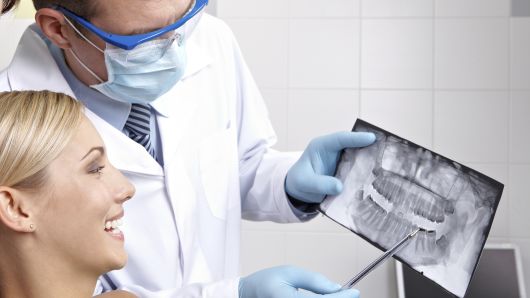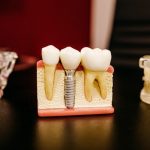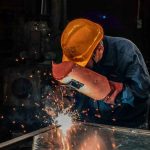
Sedation – How does it work?
We asked our australian sedation dentistry experts from ADDC There are few types of sedation and it all depends on which one will be used by your dentist, however, the main purpose is one – to help you relax during the dental procedure and fight with your fear and anxiety. Some types require a preparation – for example, if this will be using an orally taken drug, your dentist will prescribe the drug and you will be given instructions on how to take it. For some methods you don’t need to prepare at all – laughing gas is one of them. You will be supplied before and during the procedure and almost instantly you will get rid of any anxiety or fear.
Who needs sedation?
All patients with phobias related to visiting a dentist or people who experience abnormal pain during the procedure. If you had a bad experience with dentists before and you feel anxious, you might qualify as well. If you are not sure always ask your dentist or GP – have in mind that not many dental clinics offer this type of service as it needs a qualified staff and additional machines.
Will Sedation Dentistry work for you?
If you fear of visiting your dentist, fear needles, dental drill – then you are the right person. Many of us avoid dental checks, visits and because of putting it off suffer from serious pain and, moreover put their health at serious risk – avoiding the dentist might cause in an escalation of the dental problems, also it will cost you way more money. In these cases “sleep dentistry” might be the only option for you.
Types of sedation
There are a couple of types of sedation – from subtle laughing gas and taking medication orally, which usually will keep you awake during the dental procedure. To more serious which involve injections and which put you unconscious. These ones require some recovery time so you won’t be able to drive and you might feel dizzy for a couple of hours. Here is the short breakdown of all the types:
- Inhaled sedation (laughing gas) – helps you relax, you will be able to drive after the procedure
- oral sedation – depending on the amount of drugs used this would range from minimal to medium. You will be awake during the procedure, but you will be relaxed at the same time
- IV moderate – drug is injected into your vein, so it works almost immediately.
- deep sedation & anesthesia – drugs will make you unconscious almost straight away, you will be asleep for the whole procedure and cannot be easily awakened.



